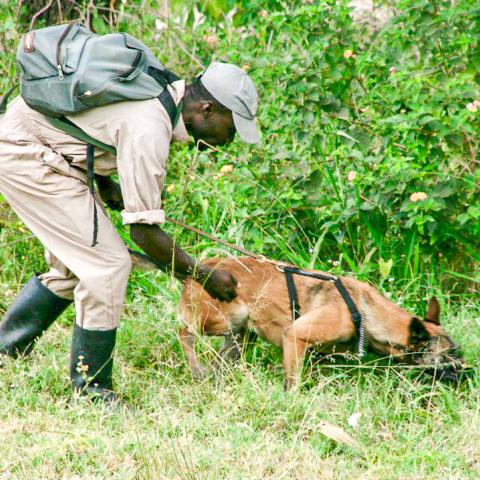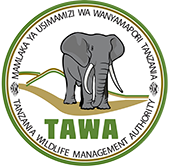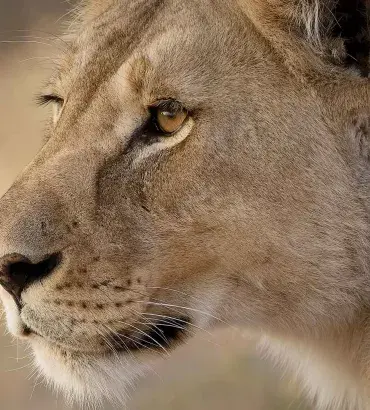Mara-Serengeti
The Mara-Serengeti landscape, a transboundary ecosystem connecting Tanzania’s Serengeti National Park with Kenya’s Maasai Mara National Reserve, is famous for its great wildebeest migration. But habitat fragmentation and human-wildlife conflict threaten a critical big cat population and other wildlife.
We invested here as early as 1967, when the African Wildlife Leadership Foundation (a name later shortened to “African Wildlife Foundation”) financed the Serengeti Wildlife Research Institute to support studies of the ecosystem. In the decades since, we:
- Funded the monitoring and protection of lions and cheetahs
- Supported the development of land-use plans to secure a key wildlife corridor
- Supported rangers with anti-poaching and anti-trafficking training and gear
Today, AWF-trained tracker dog units investigate wildlife crime and help deter poachers in Serengeti National Park, and we continue to monitor lions in the Maasai Mara.
AWF in Action
Planning Land Use So People and Wildlife Can Thrive
From 2017 to 2023, we worked with Cottar’s Wildlife Conservation Trust and the community owners of the Olderkesi Community Wildlife Conservancy in Kenya to develop a land-use zoning agreement that allocates resources to the community and allows space for a critical wildlife corridor. In addition, we supported rangers with gear and training to monitor wildlife.
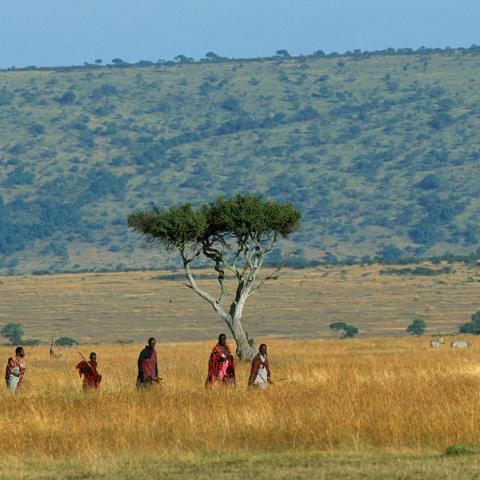
Protecting Big Cats
During the 2010s, we supported what was then known as the Mara Lion and Cheetah Project in Maasai Mara. The project closely monitored the big cats in a critical stronghold for the two species and engaged communities to limit habitat loss and mitigate human-wildlife conflict. In 2022, an AWF-monitored population of lions in Maasai Mara was confirmed to be increasing.
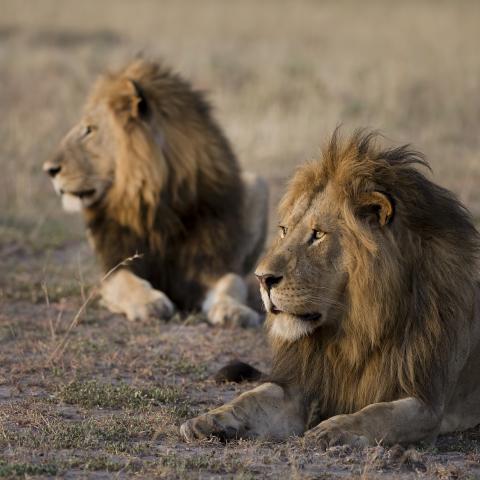
AWF-trained Canines Track Poachers
Through our Canines for Conservation program, we train and deploy dog-and-handler teams in poaching hotspots to investigate wildlife crimes in the field. These tracker-dog units, which began operating in Serengeti National Park in 2020, can follow a poacher’s scent over long distances to lead authorities right to the suspect. In FY2023, the canine team we support in the park carried out 78 patrols, leading to two arrests and 188 snares lifted.
